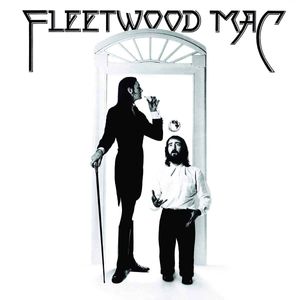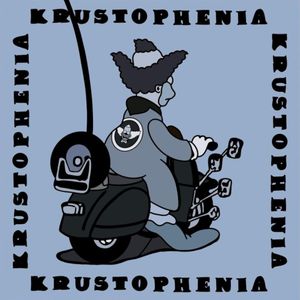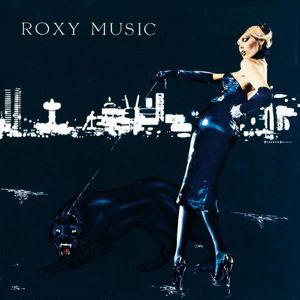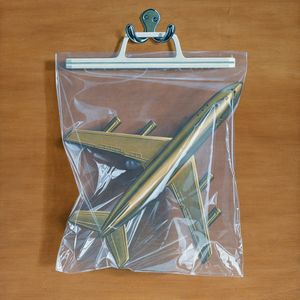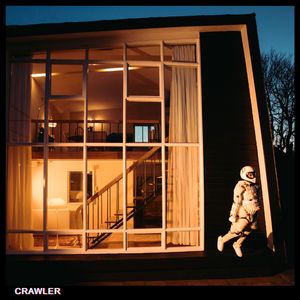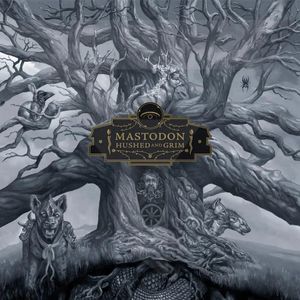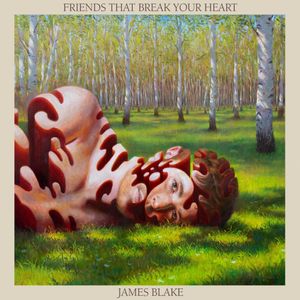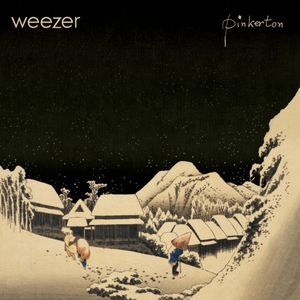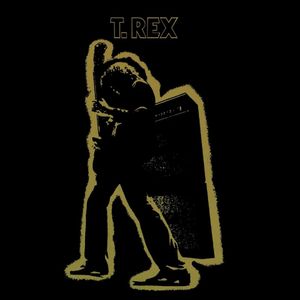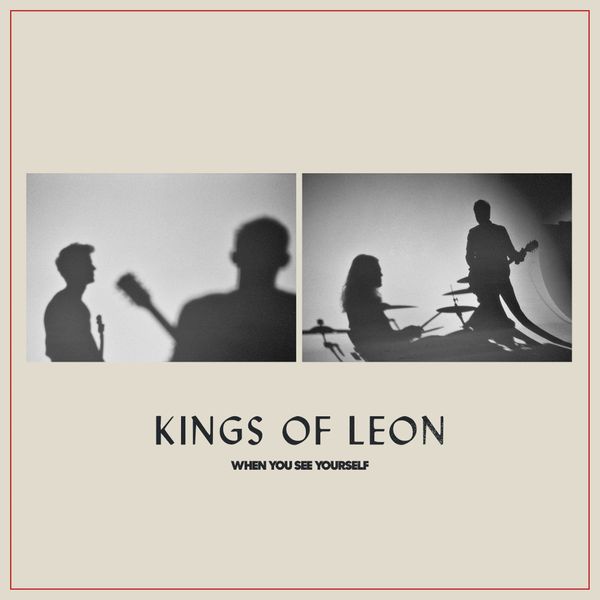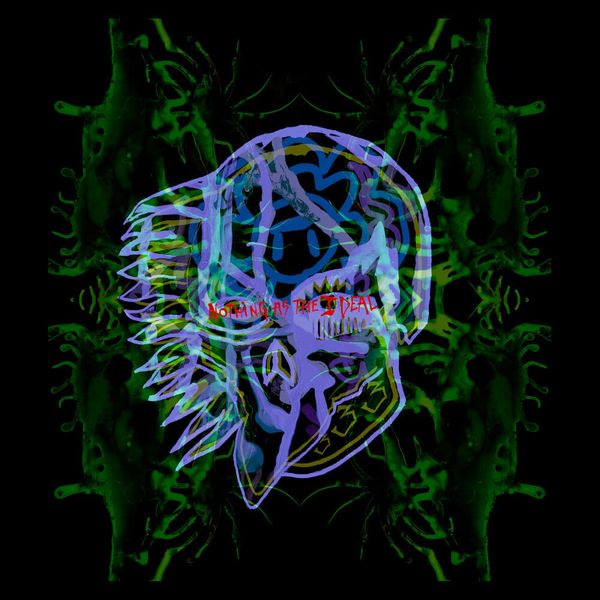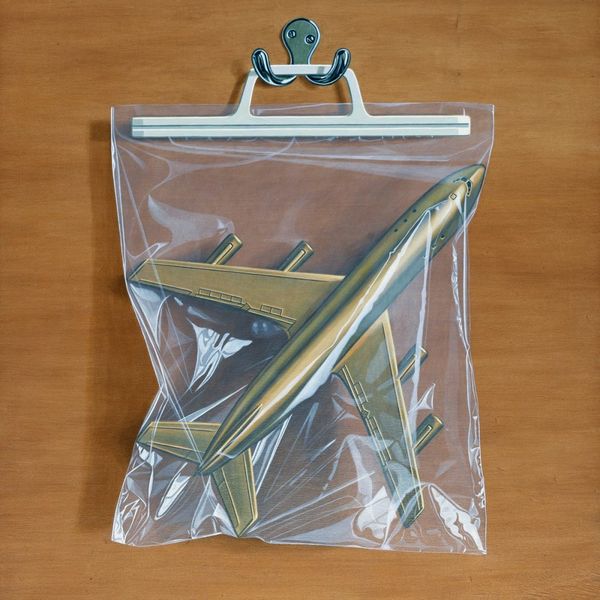Little Oblivions
Julien Baker
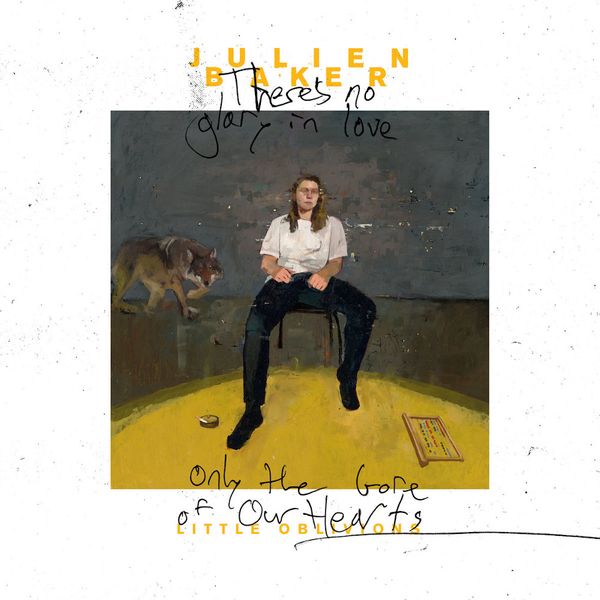
Essential Tracks
- Faith Healer
Favourite Tracks
- Song in E
- Relative Fiction
André
Julien Baker makes brutally candid music, exploring the torment that comes with addiction, depression and desolation. Like most of the artists I cherish, basically. So it’s unfortunate that I don’t connect with Little Oblivions as much as I’d hoped. Baker’s songwriting is as genuine and introspective as anything you’ll hear within the bracket of indie folk music. Her music derives from pain, and she sings with a confessional tone, reinforcing her complicated relationship with religion. It’s genuinely agonising to hear of her struggles. Little Oblivions is a success in terms of this portrayal, but less so in terms of musical satisfaction. I admire it far more than I enjoy it.
Baker’s passionate and yearning vocals are accompanied by larger arrangements than we’ve seen on previous records, though I’m not sure it’s always necessary. My favourite songs here tend to be those that feel intimate and tender, such as the piano ballad “Song in E”. Aside from a few early highlights, most notably “Relative Fiction” and “Faith Healer”, most tracks feature vague supplements that often feel like afterthoughts. Whilst I welcome the shift away from skeletal guitars, I don’t think Baker’s strengths lie in creating expansive arrangements herself. These songs sound like they’ve been developed for arenas, which in itself is a strange paradox.
Baker’s most extraordinary asset is her crushing poetry. She excels at turning trauma into devastating art. There are multiple lyrical highlights across the record, which stay with me longer than the music itself. ‘Face down in the carpet, I wish you’d hurt me, it’s the mercy I can’t take’, she sings on “Song in E”, with an aura of self-loathing that just decimates me. Little Oblivion aches with sadness, and it can be a beautiful, strangely cathartic experience. Once it’s finished, however, I find myself with little urge to return. Perhaps this is the one occasion where I’m actually overwhelmed by the bleakness.
Favourite tracks //
- Relative Fiction
- Song in E
- Faith Healer
Fred
I thought I was losing my mind until I saw Anthony Fantano gave this a four. I haven’t connected with Little Oblivions at all, and I don’t think that’s (solely) because I’m an emotional husk. For all its rawness and openness, the cold hard truth for me is that the album has plenty of good qualities and yet no standout ones.
As we’ve heard from solo projects before, the backing arrangements sound rather off the rack. “Heatwave” and “Faith Healer” show early promise but things quickly blur from there. The record reminds me of Jarvis Cocker’s solo debut of all things. The band is there and yet not there, with the weight of expectation falling mainly on the artist, who in this case deserves better accompaniment than she gives herself. Maudlin Americana seems to press a lot of people’s buttons, but it sure as hell doesn’t press mine.
In a way the album’s sameness is a testament to Julien Baker’s vocal delivery, which has the fluttering lightness of a spoken word poetry performance. In another, more accurate way, it shows the potential pitfalls of doing everything yourself. Like André and Andrew I have only admiration and love for Baker’s sincerity, but sincerity alone does not an album make.
Favourite tracks //
- Heatwave
- Faith Healer
Andrew
Julien Baker’s material as a solo artist is often characterised as fragile, raw, and deeply personal. Drawing from turbulent personal experience, her lyrics often deal with mental health, substance abuse, and a complicated relationship with religion. The lead single to her third release, “Faith Healer”, was a clear statement of intent to continue exploring and confronting these themes while upping the instrumental stakes.
Baker’s lyrics remain the focus on Little Oblivions. Describing inner turmoils of addiction in “Crying Wolf” and anxiety and guilt in “Favor”, she paints visceral pictures of moment to moment struggles she’s dealt with. Their descriptive nature makes for honest, unabashed, confessional passages that evoke emotion and introspection if you listen closely enough.
But just as the production value jumped between Baker’s debut and follow up, so too has Little Oblivions added a new layer to the instrumentals. From the opener, “Hardline”, with its climactic end, to “Bloodshot”, with its tumbling drum rolls and vocal backing, you’d be forgiven for believing there was a whole team behind this album. On the contrary, Baker is credited with writing, performing, and producing the entire tracklist, aside from some backing vocal contributions from her boygenius bandmates and post-production work. It’s a considerable achievement, but unfortunately, it isn’t one that works well for me. Where her debut’s single take, single instrument, raw aesthetic paired well with the lyrical content, the instrumentals here don’t add anything to the story. Worse still, many of these tracks can sound very similar to one another, making any diversion, such as the piano ballad “Song in E” a highlight purely through the respite it provides.
Little Oblivions is an admirable work in many ways. Remaining confessional, introspective, and human, there’s a strong sense of catharsis that I hope Baker achieved through this album’s release. To do so almost entirely by herself is admirable further still. Still, without sharing much common ground with many themes explored here, and left unaffected by most of the instrumentals, the tracklist closes without me feeling a great deal either way. Fans of hers and her contemporaries will likely feel quite the opposite, and I’m glad this has hit the mark for them, but I don’t see myself returning to this. I’ll be far more likely to return to her previous releases instead.
Favourite tracks //
- Song in E
- Highlight Reel
- Faith Healer
